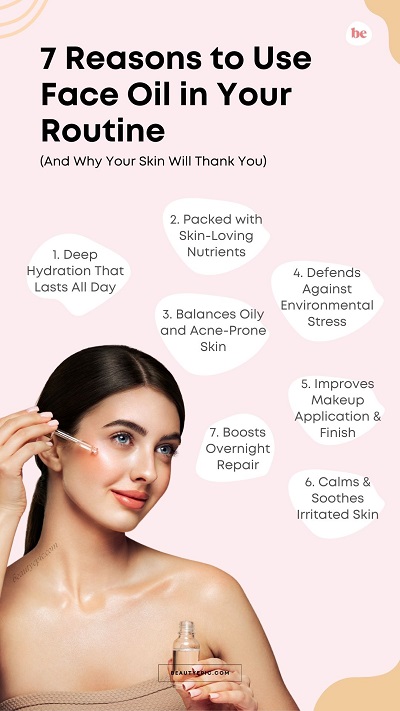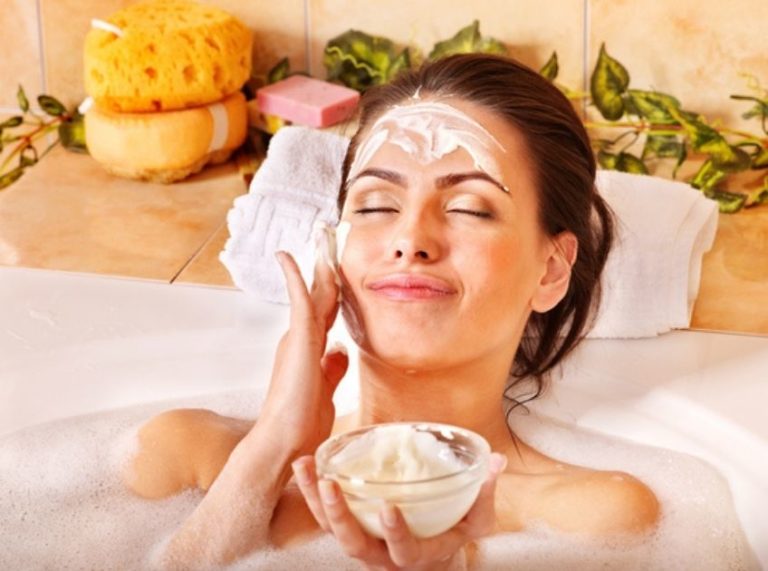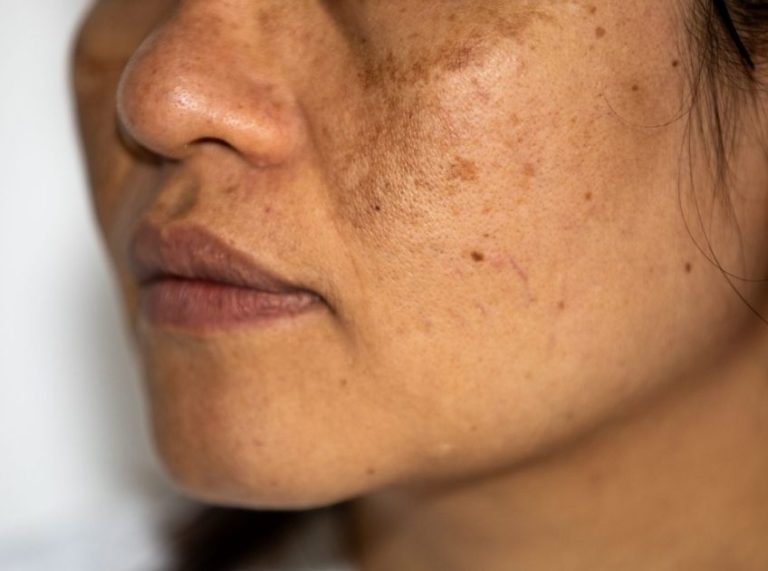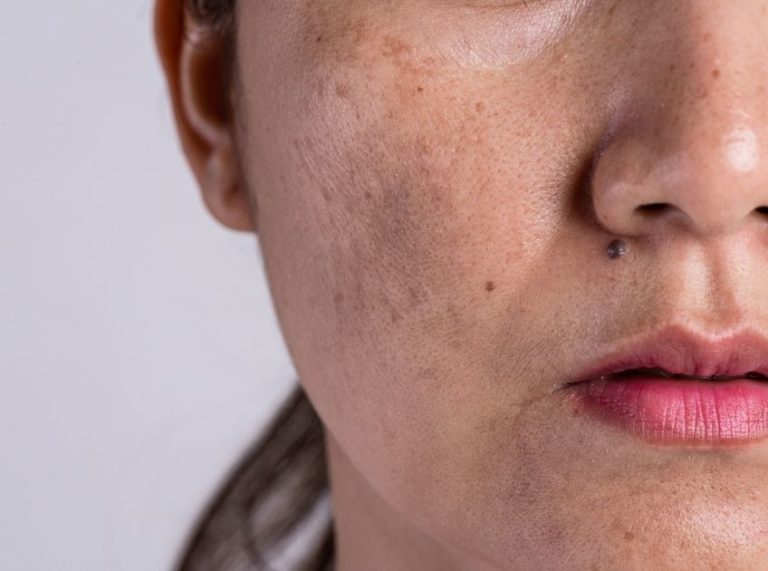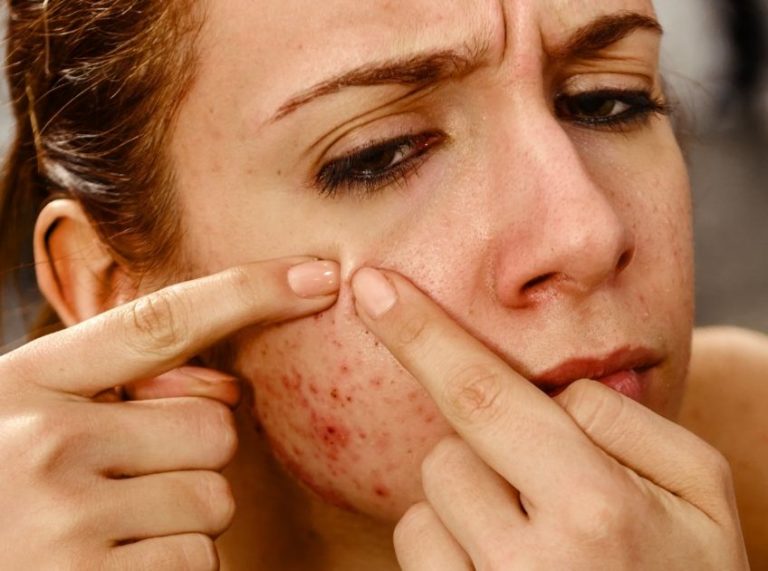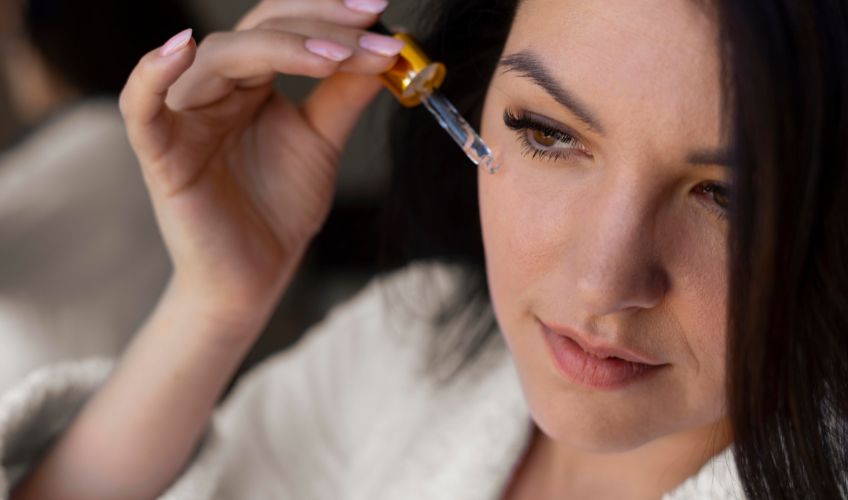
Important: This article is for informational purposes only. Please read our full disclaimer for more details.
For years, face oils were misunderstood — many believed they’d clog pores or make skin greasy. But dermatologists and skincare experts now agree that high-quality face oils can be a game-changer for skin health. From locking in moisture to protecting against environmental stressors, the right oil can balance, nourish, and transform your skin. In this article, we’ll explore the science-backed reasons to make face oil a staple in your daily skincare routine.
Why Face Oils Deserve a Spot on Your Vanity
Face oils are more than just a skincare trend — they’re concentrated, nutrient-rich formulas that work with your skin’s natural biology. Whether you’re looking to hydrate, protect, or restore, the right oil can be a powerhouse addition to your routine.
Here’s a closer, more detailed look at why they’re worth the hype.
1. Deep Hydration That Lasts All Day
Unlike water-based moisturizers, which can evaporate quickly, face oils act as occlusive agents, forming a protective seal over the skin. This traps hydration from your creams and serums inside your skin, keeping it plump and supple.
Example
If you apply hyaluronic acid serum followed by moisturizer and then face oil, the oil locks in all that water-attracting hydration, preventing it from escaping into the dry air.
💡 Science Insight: A 2018 study in the Journal of Cosmetic Dermatology found that plant-derived oils significantly reduce transepidermal water loss (TEWL) (1), which is the main cause of dehydration in skin (2).
2. Packed with Skin-Loving Nutrients
Face oils are naturally rich in vitamins, minerals, and fatty acids your skin craves for repair and regeneration.
- Rosehip oil → Vitamin A & C for brightening and cell turnover.
- Argan oil → Vitamin E for antioxidant protection and softness.
- Marula oil → Omega-9 fatty acids for elasticity and barrier repair.
💡 Science Insight: According to research in Dermato-Endocrinology, topical application of essential fatty acids can restore skin barrier function, improve smoothness, and reduce signs of aging (3).
3. Balances Oily and Acne-Prone Skin
It sounds contradictory, but the right oils can regulate your skin’s oil production. When your skin is dehydrated, it overcompensates by producing more sebum, which can lead to breakouts. Using a lightweight oil like jojoba, which closely mimics human sebum, tells your sebaceous glands to slow down.
Example
A person with combination skin may find that applying jojoba oil at night reduces their morning shine, as the skin doesn’t feel the need to overproduce oil.
4. Defends Against Environmental Stress
Free radicals from pollution and UV exposure cause oxidative stress, which accelerates skin aging. Many face oils contain polyphenols, carotenoids, and vitamin E, which neutralize these free radicals before they damage skin cells.
💡 Science Insight: A 2019 review in the Antioxidants journal highlights that botanical oils can significantly reduce oxidative stress markers in skin, making them effective for anti-aging skincare (4).
5. Improves Makeup Application and Finish
A thin layer of oil before makeup can help foundation glide on smoothly, reducing the appearance of dry patches or fine lines.
Pro Tip
- Mix one drop of oil into your foundation for a dewy glow.
- Use a couple of drops as a finishing touch over makeup for a natural, lit-from-within look.
6. Calms and Soothes Irritated Skin
Oils like chamomile, calendula, and hemp seed are rich in anti-inflammatory compounds like bisabolol and linoleic acid, which reduce redness, itching, and discomfort.
💡 Science Insight: Phytotherapy Research found that chamomile oil reduced markers of inflammation in skin by up to 50% after just two weeks of consistent use (5).
7. Boosts Overnight Repair
Nighttime is when your skin switches to regeneration mode, increasing blood flow and producing collagen. Applying oil as the last step at night not only locks in active ingredients but also enhances barrier repair.
Example
Layering a retinol serum under rosehip oil can help minimize retinol-induced dryness while boosting cell turnover for brighter skin.
Frequently Asked Questions (FAQ’S)
Q1. Will oil clog my pores?
A. Not if you choose non-comedogenic options like rosehip, jojoba, or squalane. Always patch test before use.
Q2. Should I apply face oil before or after moisturizer?
A. Face oil should be applied after moisturizer to lock in hydration, as oils seal rather than provide water-based moisture.
Q3. Can I use face oil every day?
A. Yes — most skin types benefit from daily use, especially in dry or harsh climates. Adjust frequency based on your skin’s needs.
Face oils aren’t just a luxury — they’re a multifunctional skincare essential backed by science. Whether your goal is hydration, anti-aging, or balancing oil production, there’s a formulation for you. The key is selecting the right oil for your skin type and incorporating it consistently. With the right choice, you’ll notice smoother, softer, and more radiant skin.
